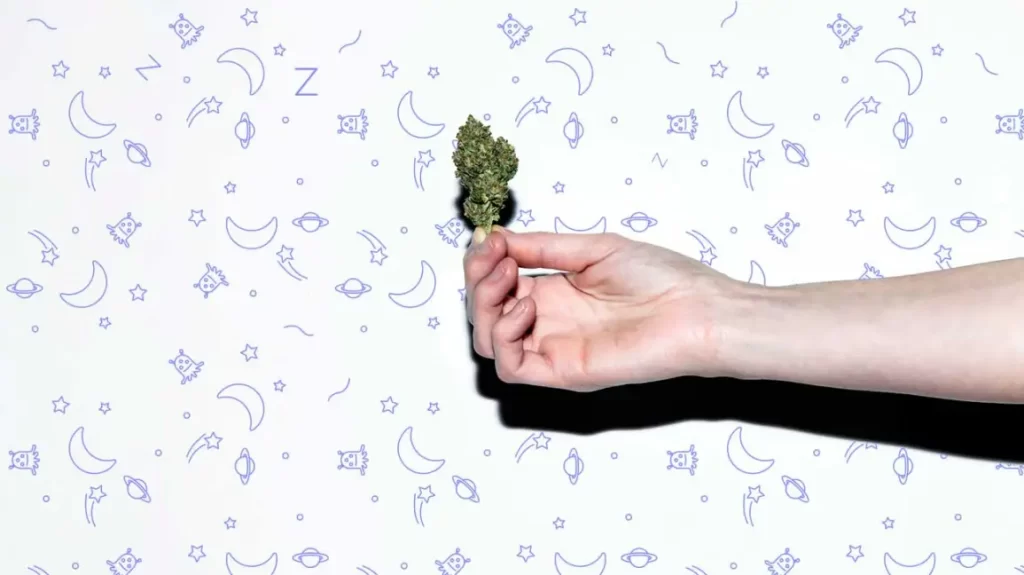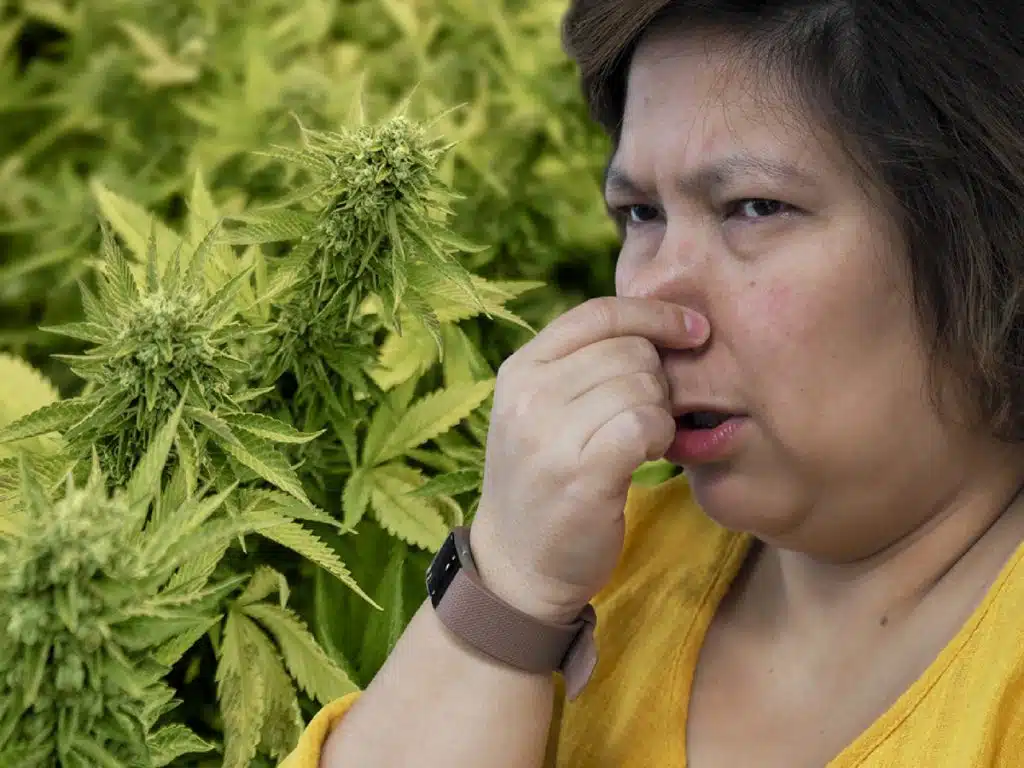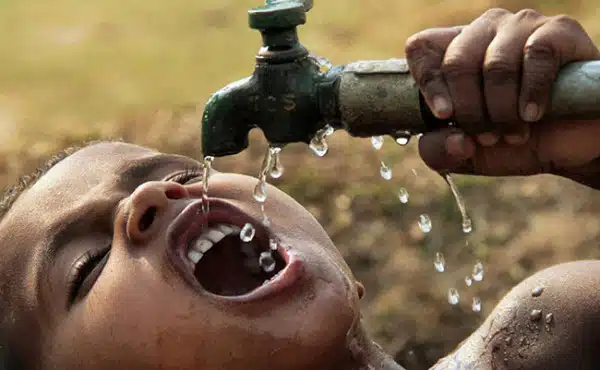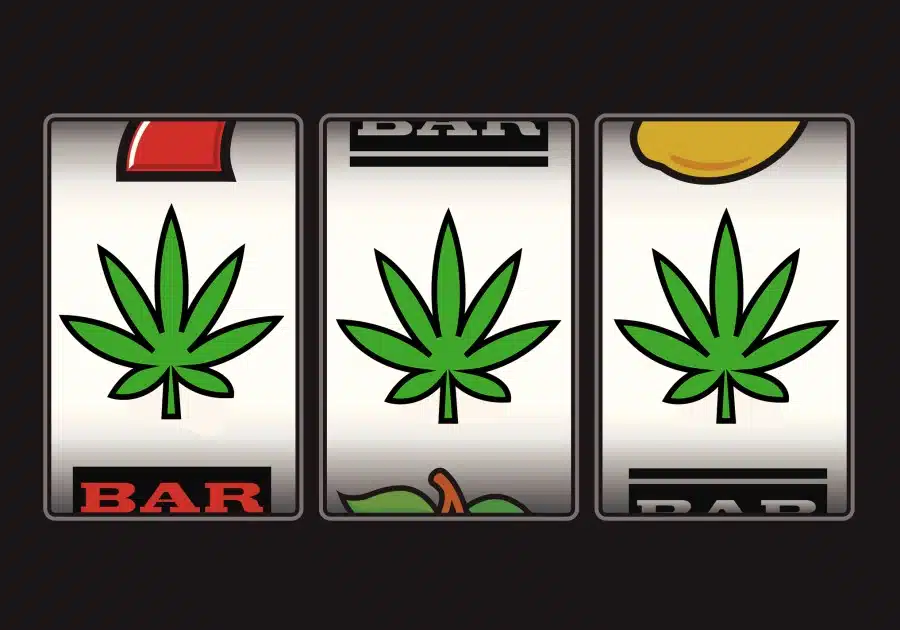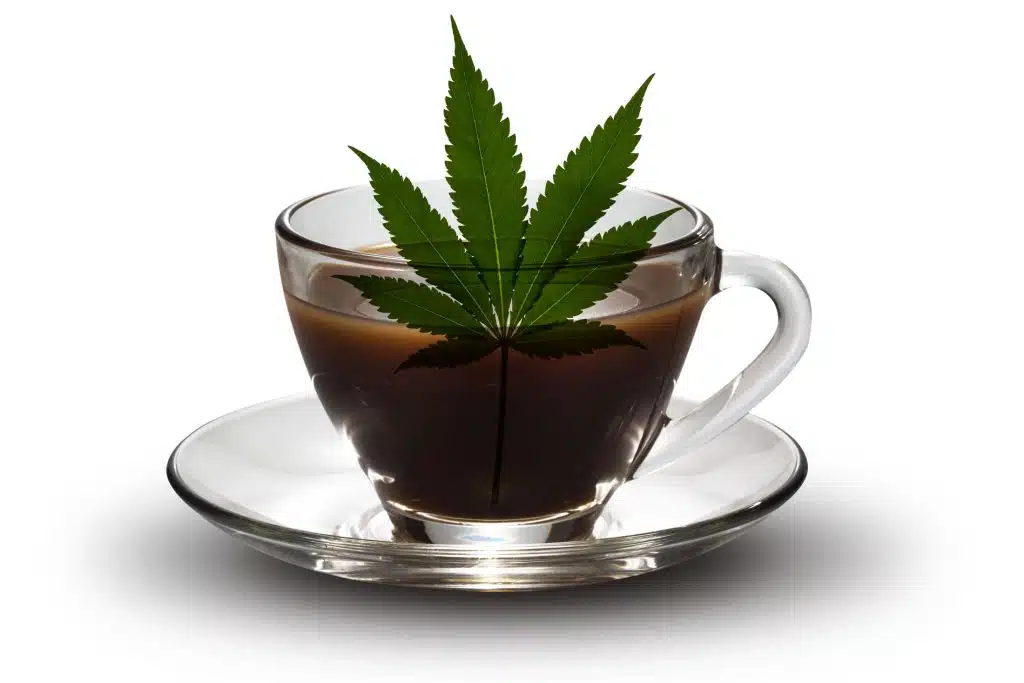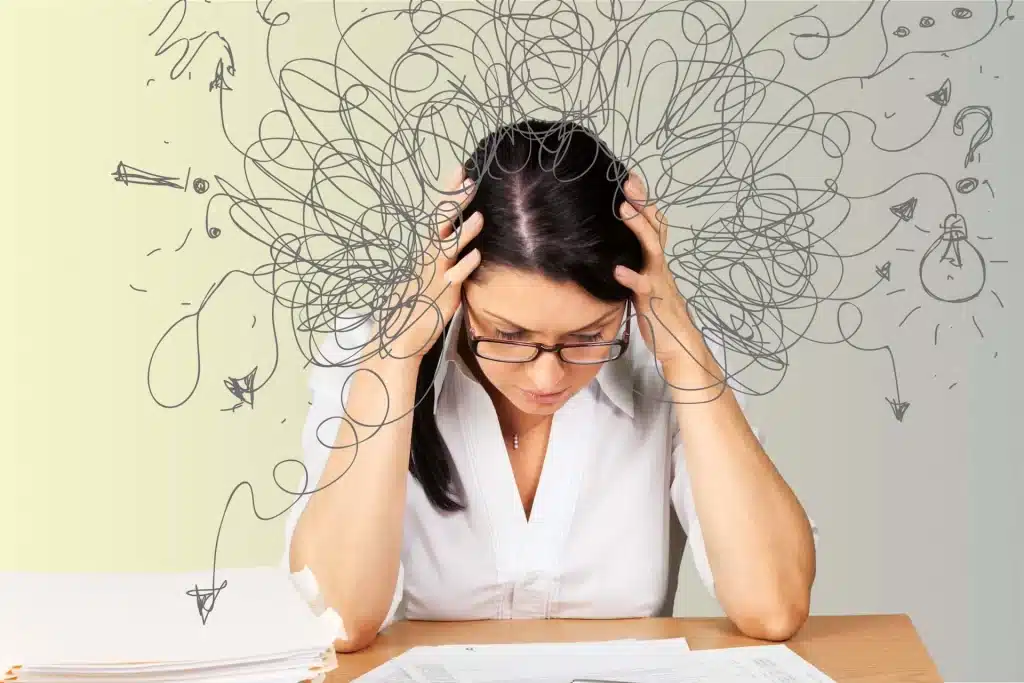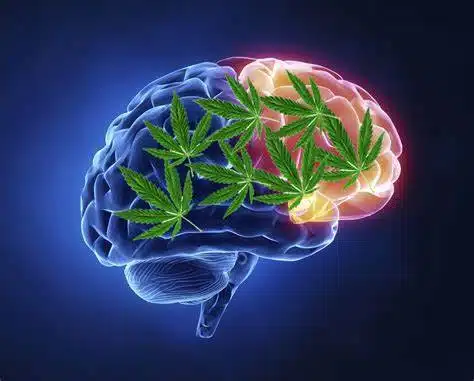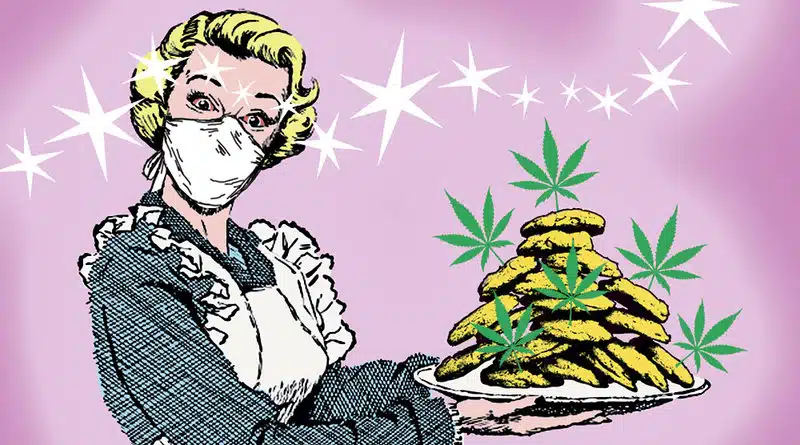Weed Prohibition In The World

Weed Prohibition In The World
If you’re a fan of marijuana, you’re probably well aware of the fact that weed is illegal in many parts of the world. While some countries have legalized marijuana for medical and/or recreational use, there are still many places where weed is prohibited. In this article, we’ll explore the impact of weed prohibition on various aspects of society, including:
1. Law Enforcement and Incarceration
One of the biggest impacts of weed prohibition is the amount of resources that are dedicated to enforcing marijuana laws. Police officers spend countless hours tracking down and arresting people for possession and distribution of marijuana. This not only takes up valuable time and money, but it also puts unnecessary strain on the criminal justice system.
In addition to law enforcement costs, there is also a significant cost associated with incarcerating people who are convicted of marijuana-related offenses. In some cases, people are given lengthy prison sentences for non-violent drug offenses, which can result in overcrowding and other issues within the prison system.
2. Health and Safety
Another impact of weed prohibition is the potential for harm to public health and safety. When marijuana is illegal, people who want to use it may be forced to obtain it through illegal means, such as buying it from a street dealer. This can be dangerous, as the quality and purity of the marijuana may be unknown. In contrast, buying from a licensed online dispensary like Ganja West Online Dispensary guarantees that you get high-quality products that are tested for purity and potency.
Furthermore, weed prohibition can also have a negative impact on the health of people who use marijuana for medical reasons. People who rely on marijuana to manage chronic pain, anxiety, or other conditions may have difficulty obtaining the products they need, which can lead to a decrease in their quality of life.
3. International Relations and Diplomacy
The impact of weed prohibition is not limited to individual countries. The fact that some countries have legalized marijuana while others have not can lead to tensions between nations. For example, Canada has legalized marijuana for recreational use, but the United States still considers it a Schedule I drug. This can make it difficult for people to travel between the two countries with marijuana, and it can also make it difficult for businesses to operate across borders.
4. Marginalized Communities
Weed prohibition has a disproportionate impact on marginalized communities, particularly Black and Latino communities. Despite similar rates of marijuana use among different racial groups, Black and Latino people are much more likely to be arrested and incarcerated for marijuana-related offenses. This not only perpetuates systemic racism, but it also has a ripple effect on families and communities.
5. Medical Benefits
Marijuana has been shown to have a number of medical benefits, including pain relief, anxiety reduction, and anti-inflammatory properties. However, because of weed prohibition, many people who could benefit from marijuana for medical reasons are unable to access it legally. This can have serious consequences for people who are suffering from chronic pain or other conditions.
6. Economic Costs
Weed prohibition also has significant economic costs. In addition to law enforcement and incarceration expenses, there are also costs associated with lost tax revenue. When marijuana is illegal, people are forced to buy it on the black market, which means that governments are unable to collect taxes on those sales. In contrast, legalizing and regulating marijuana could create new revenue streams for governments and create jobs in the cannabis industry.
7. Legal and Ethical Considerations
The debate over weed prohibition also raises a number of legal and ethical considerations. For example, what are the rights of people who use marijuana? Should they be able to use it in public spaces, or only in the privacy of their own homes? What are the rights of people who do not want to be exposed to marijuana smoke? These are just a few of the questions that need to be addressed as society navigates the complex issue of weed prohibition.
8. Environmental Impact
Marijuana cultivation can have a significant environmental impact, particularly when it is done on a large scale. For example, indoor cannabis cultivation can require large amounts of electricity, which can contribute to climate change. In addition, pesticides and other chemicals used in marijuana cultivation can have negative effects on soil and water quality.
However, legalizing and regulating marijuana could also have environmental benefits. For example, some states have implemented regulations that require cannabis cultivators to use sustainable growing practices, such as organic cultivation and water conservation methods.
9. Stigma and Discrimination
Weed prohibition can also perpetuate stigma and discrimination against people who use marijuana. For example, people who use marijuana may be viewed as lazy or unmotivated, even if they use it for medical reasons. In addition, people who are arrested for marijuana-related offenses may face discrimination when it comes to finding employment or housing.
10. Access to Education and Research
Finally, weed prohibition can also limit access to education and research on marijuana. When marijuana is illegal, it can be difficult for researchers to study its effects and potential medical benefits. In addition, people who want to learn more about marijuana may not have access to accurate information or resources.
In conclusion, weed prohibition has a significant impact on society in a variety of ways. From law enforcement and incarceration to public health and safety, the debate over marijuana legalization is a complex one that raises a number of legal, ethical, and practical considerations. However, with increasing support for marijuana legalization and regulation, it is possible that we will see a shift in the way that society views and regulates this controversial plant. And if you’re looking for high-quality marijuana products, be sure to check out Ganja West Online Dispensary!
Conclusion
If you are interested in buying weed online and THC products, check out Ganja West online weed dispensary and shop for your weed online and cannabis products at ganjawest.co!
